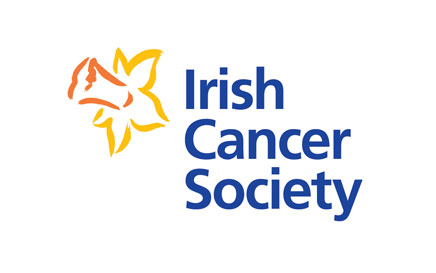
posted by Irish Cancer Society
01 April 2008
GPs should discuss prostate cancer risk with their patients
Action Prostate Cancer is launching its inaugural Prostate Cancer Awareness Week by revealing results of a national survey of 1,000 men (aged 50+ years) to further establish awareness and understanding of prostate cancer.
One of the key findings from the survey was that overall, only 37% of respondents claim that their GP is taking action and opening discussions with them on the risk of developing prostate cancer and merits of screening and early detection of prostate cancer.
More information on the Action Prostate Cancer website: http://www.cancer.ie/prostate
